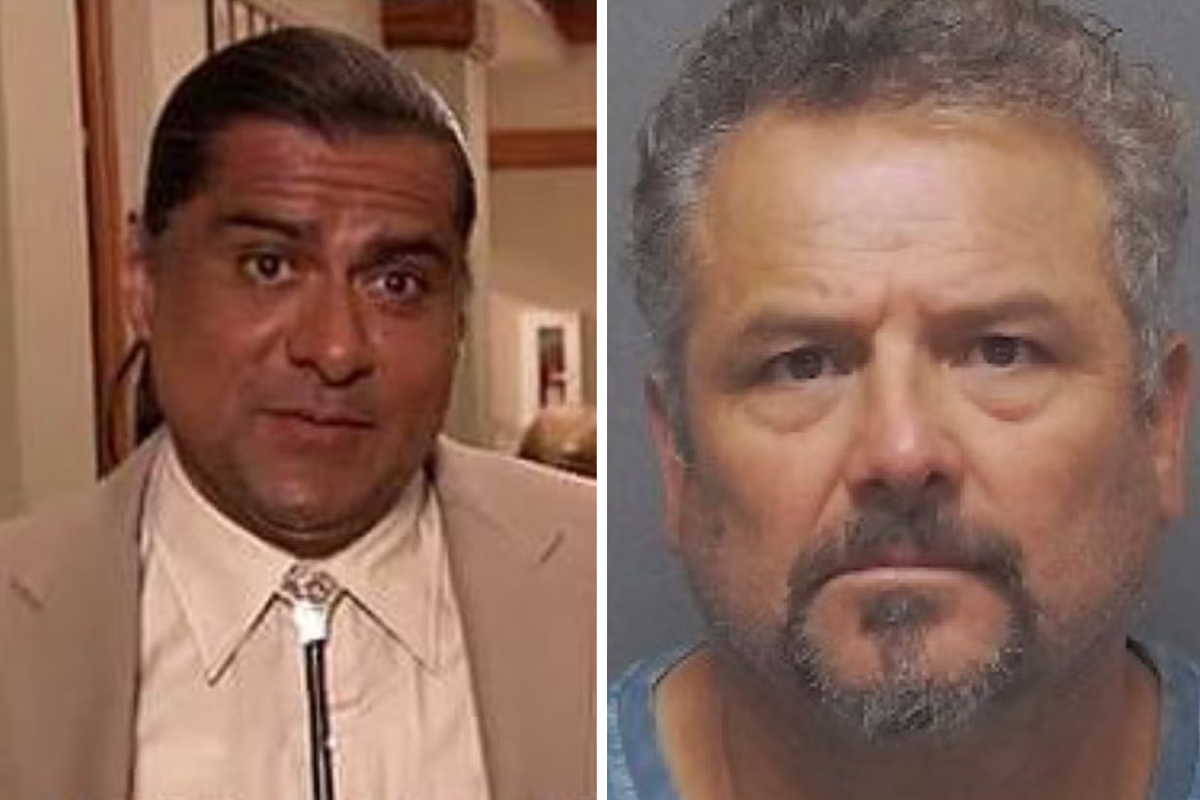Tragic Developments: The Killing of Actor Jonathan Joss
The community is reeling from the tragic death of Jonathan Joss, known for his role in King of the Hill. Joss was shot and killed in front of his San Antonio home on June 1, igniting a complex legal and emotional battle that has captured headlines across the nation. As details unfold, the implications surrounding this case delve deep into the intersections of self-defense, hate crime allegations, and community tensions.
The Accusation
Sigfredo Ceja Alvarez, 56, has been charged in connection with Joss’s murder. His attorney, Nico LaHood, insists that the shooting was an act of self-defense. LaHood argued that Alvarez should not be labeled a perpetrator of a hate crime, citing personal connections within the LGBTQ+ community: “Freddy has a brother who is gay,” he stated, indicating a level of familiarity that he believes detracts from the notion of hate as a motive.
Context of the Conflict
On the day of the incident, Joss and his husband, Tristan Kern de Gonzales, were at their previously burned-down home to check their mail. Kern de Gonzales recounted an emotional scene, claiming that Joss became distraught upon seeing their dog’s remains, leading to an altercation with Alvarez. This emotional turmoil appears to have significantly influenced the tragic events that unfolded.
Emerging Allegations of a Hate Crime
In the wake of the shooting, Kern de Gonzales has publicly stated that he believes the altercation was fueled by anti-LGBTQ+ sentiments, even alleging that Alvarez uttered a derogatory term before the shooting. LaHood has aggressively refuted these claims, reiterating that they are fabrications aimed at painting Alvarez in an unflattering light.
The Investigation Deepens
While authorities initially determined that there was "no evidence" linking the shooting to Joss’s sexual orientation, recent developments have led them to reopen their investigation into potential motives. San Antonio Police Chief William McManus noted that Joss had been a victim of neighborhood disturbances, with approximately 70 calls to his former residence concerning various altercations over the past two years. This history of conflict raises questions about the environment in which this tragedy occurred.
Confessions and Legal Ramifications
Following the shooting, Alvarez reportedly confessed to police, stating, “I shot him.” His confession, coupled with the allegations of self-defense, complicates the legal proceedings surrounding the case. Although Alvarez has not yet been indicted, the stakes are significant. If convicted of murder, he could face a life sentence in prison.
Community Impact and Emotional Fallout
The ramifications of Joss’s death extend beyond legal considerations. His husband’s emotional appeals on social media have highlighted the pain and anger felt within the LGBTQ+ community. Beyond this individual tragedy, the incident underscores broader societal issues regarding hate crimes, self-defense claims, and the ongoing challenges faced by marginalized groups.
Final Thoughts
As this story continues to develop, the legal proceedings will be closely monitored. The case evokes critical conversations about justice and the complexities of human experiences. While the legal fate of Sigfredo Ceja Alvarez hangs in the balance, the emotional scars left by the death of Jonathan Joss remain fresh in the hearts of those who knew him and the community that supported him.


